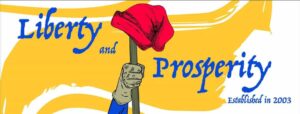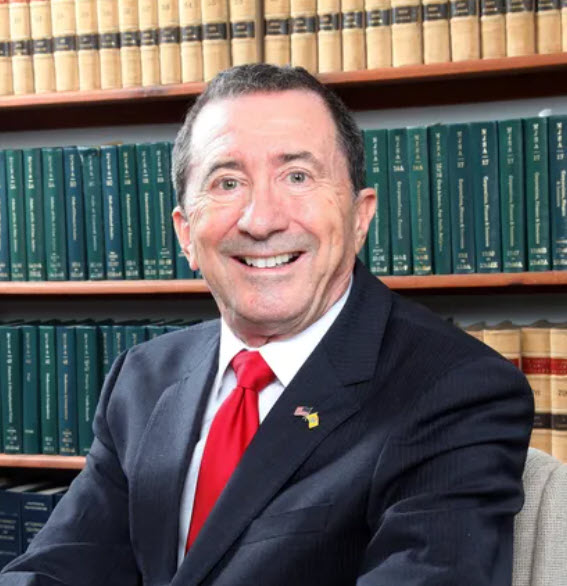Federal Reserve Bank, State and Federal Governments Make a Bad Economy Worse
By Seth Grossman, Political Columnist
“Gentlemen. . . I am convinced that you have used the funds of the Bank (of the United States) to speculate in the breadstuffs of the country. When you won, you divided the profits amongst you, and when you lost, you charged it to the Bank. You tell me that if I take the deposits from the Bank, and annul its charter, I shall ruin ten thousand families. That may be true, gentlemen, but that is your sin! Should I let you go on, you will ruin fifty thousand families, and that would be my sin! You are a den of vipers (poisonous snakes) and thieves!”?
Andrew Jackson, U.S. President and founder of the Democratic Party, 1832.
?
In 1833, Jackson got rid of his version of the Federal Reserve Bank. In 1835, he paid off the national debt. In 1836, he required gold or silver coins, not state bank notes, as payment for federal land. (There were almost no federal taxes to pay back then.)
But that did not bring prosperity. All 25 state governments, including New Jersey’s, were heavily involved in banking and other private business deals.
In New Jersey and most states, you couldn’t open a bank, build a railroad, or even form a simple corporation without a special “charter” from the state legislature. And you couldn’t borrow money, except from a bank controlled by politicians, or bonds issued by the state legislature.
The biggest businesses in America were “public-private partnerships” crippled by what University of Maryland Professor John Joseph Wallis called “systematic corruption.”
Every major business needed “friends” in the state legislature to get charters and loans. Every politician needed money from these businesses to get elected and re-elected.
By the 1830’s, politically connected banks and state legislatures were giving huge loans to their business “friends” even when they were too incompetent or corrupt to ever pay them back. The crooked politicians who pushed through bad loans kept winning elections, because honest candidates never had enough campaign money to defeat them. New Jersey was jokingly called “The State of Camden and Amboy,” since the owners of the Camden and Amboy Railroad ran the state legislature like they owned it – and made sure nobody else got a charter to run trains between Philadelphia and New York.
This all ended with the “Panic of in 1837.” People got wise to the scam, and stopped buying state government bonds. They also tried to withdraw their savings from banks they no longer trusted. But when the failing businesses with political connections stopped paying back their loans, banks held nothing but worthless debts. Bank customers lost everything. America went into an economic depression that lasted seven years.
At that time, the federal government didn’t try to “fix” the economy. Then, every American knew it had no power to do so. Article I, Section 8 of our Constitution only gives Congress power to “regulate commerce with foreign nations and among the several states” and to “coin money and regulate the value thereof.” Nowhere does our Constitution let taxes taken from all of us be given or loaned to the private banks and corporations of a few.
Starting in 1842, voters in 17 states, including New Jersey, fixed their economies by reducing the opportunities for corruption in state government. They did this by adopting new constitutions, like New Jersey’s Constitution of 1844, which included these three basic reforms:
a. No special laws for special people. All state laws must uniform and apply equally to everyone. To get a corporate charter, just fill out a form and pay the standard fee.
b. No state borrowing without voter approval.
c. No government gifts or loans to any private business.
Most other states quickly adopted these reforms in New Jersey’s new constitution. For the next 70 years, the United States enjoyed the greatest economic growth in human history – with zero inflation!
That ended in 1913 when the federal government created the Federal Reserve Bank and the income tax. In World War I, the feds used new “emergency” powers to “fix” the economy . The feds have found new “emergencies” to “fix” ever since. At the state level, most of the 1844 reforms were kept in New Jersey’s new constitution of 1947. But state supreme court decisions and amendments since then made most of them ineffective.
Things are now worse than in 1837. Today, both state and federal politicians are messing with the economy!
For more information, visit www.libertyandprosperity.org or contact Somers Point attorney Seth Grossman at grossman@snip.net or 609-927-7333. Seth Grossman hosts a two way talk radio program every Saturday from 8am – 9am on WVLT Vineland, 92.1 FM.

